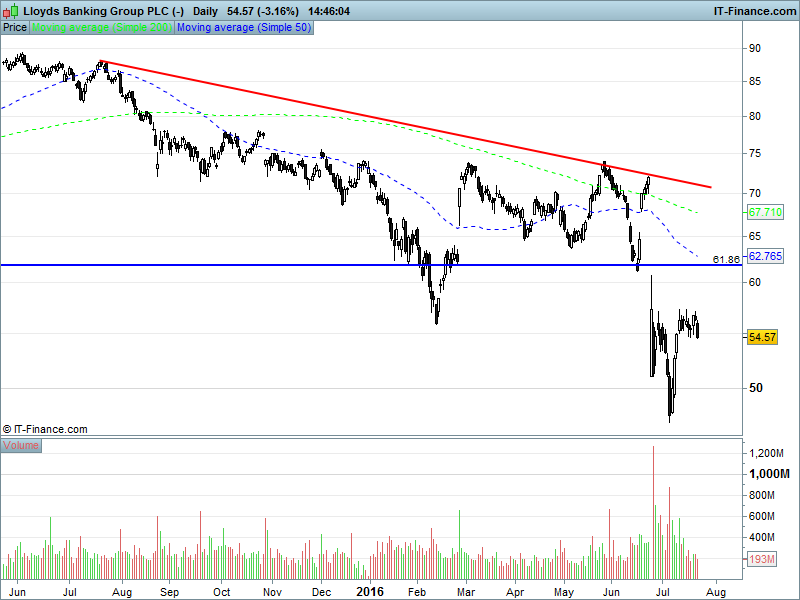The UK’s Blue Chips Are Set to Report Q2 Earnings
US earnings season is in full swing and some of its biggest and best known companies have surpassed the expectations of both markets and analysts. It’s now time to start looking ahead to what we might expect from the UK’s own blue chip stocks. With the Brexit vote adding spice to things on our side of the pond, any potential surprises are sure to move markets considerably.
Expectations were low in the US, most notably in the banking sector which led to some solid beats and a realization that shares had been seriously undervalued beforehand. It’s a similar story for UK peers – the bar has been set low. Are UK blue chips similarly undervalued ahead of their earnings updates? With companies desperate to retain investor confidence in challenging times, the trading opportunities around UK results will be numerous.
In this exclusive report we’ll explain the strategies many of our clients use to trade UK stocks during earnings season, but we’ll also tell you the importance of past performance vs. future outlook and what both can mean for a company’s share price. Finally, we highlight four of the most important UK blue chip stocks: BP (BP.), ITV (ITV), Lloyds Banking Group (LLOY) and Taylor Wimpey (TW.). Are these companies setting themselves up to solidly beat market forecasts?
How do companies report their earnings?
The first thing to understand is that companies want to present their results in the most positive way possible. This involves all manner of potentially confusing terms. You likely know the difference between revenue and profit, but what about the difference between pre-tax profit and EBITDA? If you don’t, then don’t worry because our analysts do! We’ll break down the results for you, tell you exactly what’s going on and what that could mean for the share price.
The second thing to understand is that, when it comes to company results, the devil is all too often in the detail. What we mean by this is that the focus is not necessarily on how the company has performed to date. In fact, future outlook is almost always what traders and institutional investors jump on (or off!) – They are the people whose actions move share prices and they buy future growth, not past growth. This is a simple observation that means next time you see a company’s share price down 10% when it reported a 10% jump in profits, you’ll have a good idea why.
A sly little dividend?
Another little trick to please shareholders in light of poor earnings figures is for a company to increase its dividend, or announce a special dividend as did Lloyds Banking Group at its FY2015 results in February. This type of action involves the return of cash to loyal investors and will often see those who don’t already hold the shares snap them up pretty quickly – with the subsequent uptick in share price momentum quickly glossing over a sore set of numbers.
How Accendo will help you see through the mist
Our analysts pick apart company results when they come out, but we keep our eyes peeled in the run-up too. There was talk of Lloyds’ special dividend ahead of its FY2015 results announcement, but that didn’t make the news until after the results came out. The share price had already jumped by 16%. We’re here to make sure you’re abreast of all developments in the run-up to results day so that you know things before the journalists do. We have access to all previews and broker comments concerning virtually every European and US stock that’s traded on the major global exchanges.

 Source: Alpha Terminal, 22 Jul
Source: Alpha Terminal, 22 Jul


